'After the sadness came the anger'
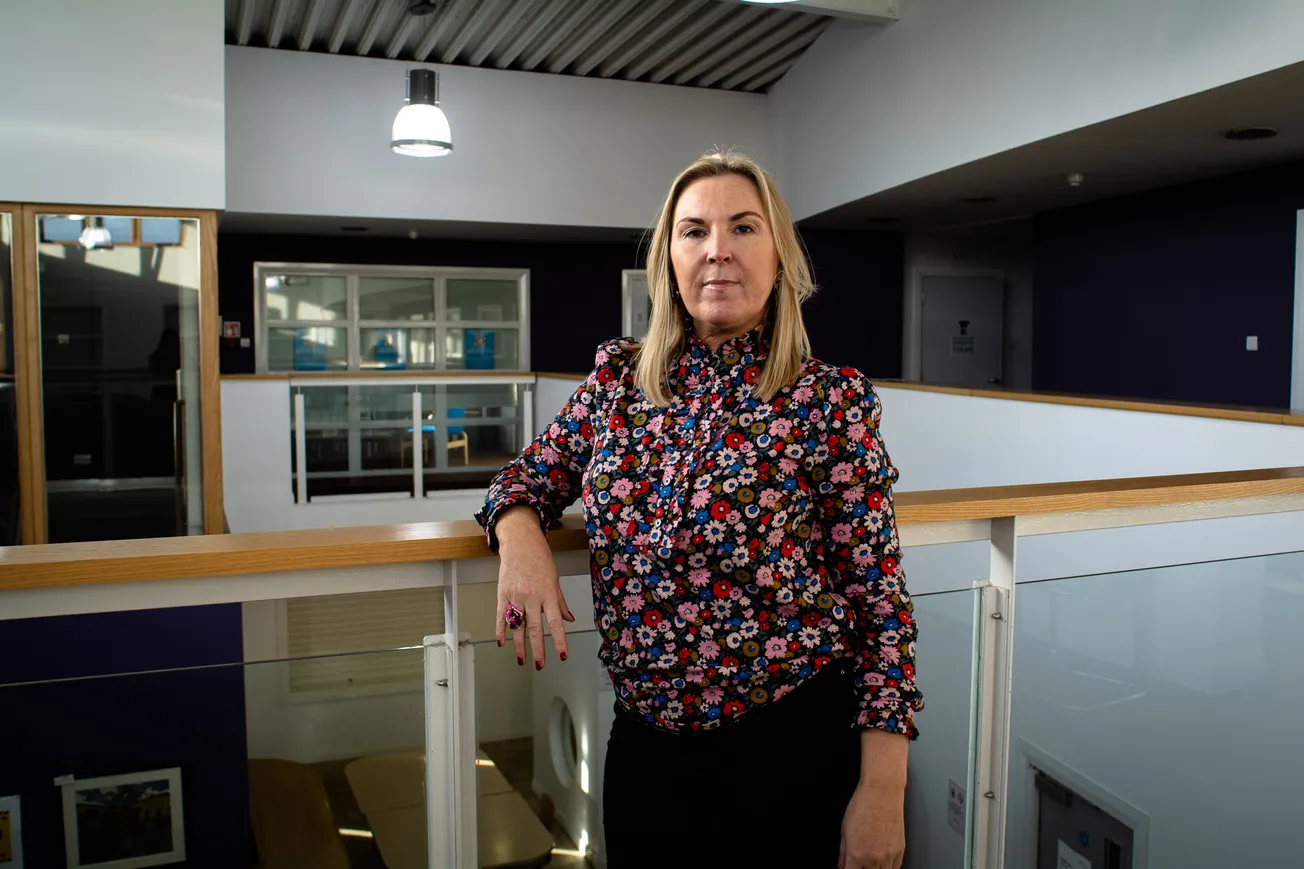
Are the authorities doing enough to help women who are abused behind closed doors?
Good morning readers — today’s long read is by Laura Mehers, who has been working on this story about domestic abuse for months. The issue of domestic violence is in the headlines today after the arrest of the Manchester United footballer Mason Greenwood. Reporting for The Post, Laura has been trying to work out what is being done about the issue on Merseyside. And whether strong words from local leaders are being matched with action.
On the first day of February last year, a Monday morning that followed a bitterly cold weekend, emergency services on the Wirral received a call. At around 10:30am, Barry Ashton’s son had arrived at his door in Widnes without warning or invitation and tearfully announced that his long-term partner Helen was dead.
Barry was shocked, but he soon realised that his son, Kevin Ashton, hadn’t reported Helen’s death. He picked up the phone and did it for him. When officers broke into the home in Leasowe shared by the couple, they found 54-year-old Helen on a mattress in the centre of her living room, her body covered by a purple duvet.
The discovery capped a horrible few days for women on Merseyside. That weekend a young woman had been found dead in a flat in Liverpool, and the body of an elderly woman with signs of severe head trauma was discovered in Southport. Helen’s case came to trial last year, resulting in a murder conviction for Kevin Ashton. Men have been charged with murder in the other two cases and are awaiting trial.
Three women spanning three generations across Merseyside had been found dead, one after the other. It was a terrible weekend and it might have sounded alarm bells — in the media, among local authorities and the police.
The Post has been looking into domestic abuse in the city region for the past four months. In that time our Freedom of Information requests to councils have gone un-answered, a key “strategy” has been announced but not published, and experts have told us that the energy and optimism generated by an emergency summit in March last year have largely dissipated.
Local politicians and authorities have learned to talk and tweet about Violence Against Women and Girls in the past year, but how urgently are they fighting it?
A growing crisis
Caroline Grant was paying attention. She remembers learning about the three deaths in the days after and she remembers exactly how she felt. “After the sadness came the anger, and it surged through every part of my body,” she told me when we spoke for the first time last November.
Grant is the director of policy and development for the Liverpool Domestic Abuse Service (LDAS), which has been fighting a mostly forlorn battle to generate more urgency around the risk to local women. It is an independent charity and a vital cog in how Liverpool tries to tackle domestic abuse, providing safe and confidential support to more than 3000 women. LDAS is one of a small number of groups that do this kind of work in the city, and it’s the first one listed on the council’s web page about domestic abuse.
The charity has had long waiting lists for its services for a while, and the pandemic — which has kept women at home with their abusive partners and family members — has made things even worse. At the height of demand in March 2021, LDAS staff had seen an increase of 145% in women needing their support, with 240 on a waiting list for counselling.
Five years ago, Grant and her colleagues launched a major push to lobby Liverpool City Council and Merseyside Police to recognise the grip that male violence has upon the region. The authorities needed a proper strategy to fight what is known as Violence Against Women and Girls or VAWG, and the response to these crimes needed to be more joined up. “We had been calling and calling and calling for change, we knew the situation was escalating,” she says.
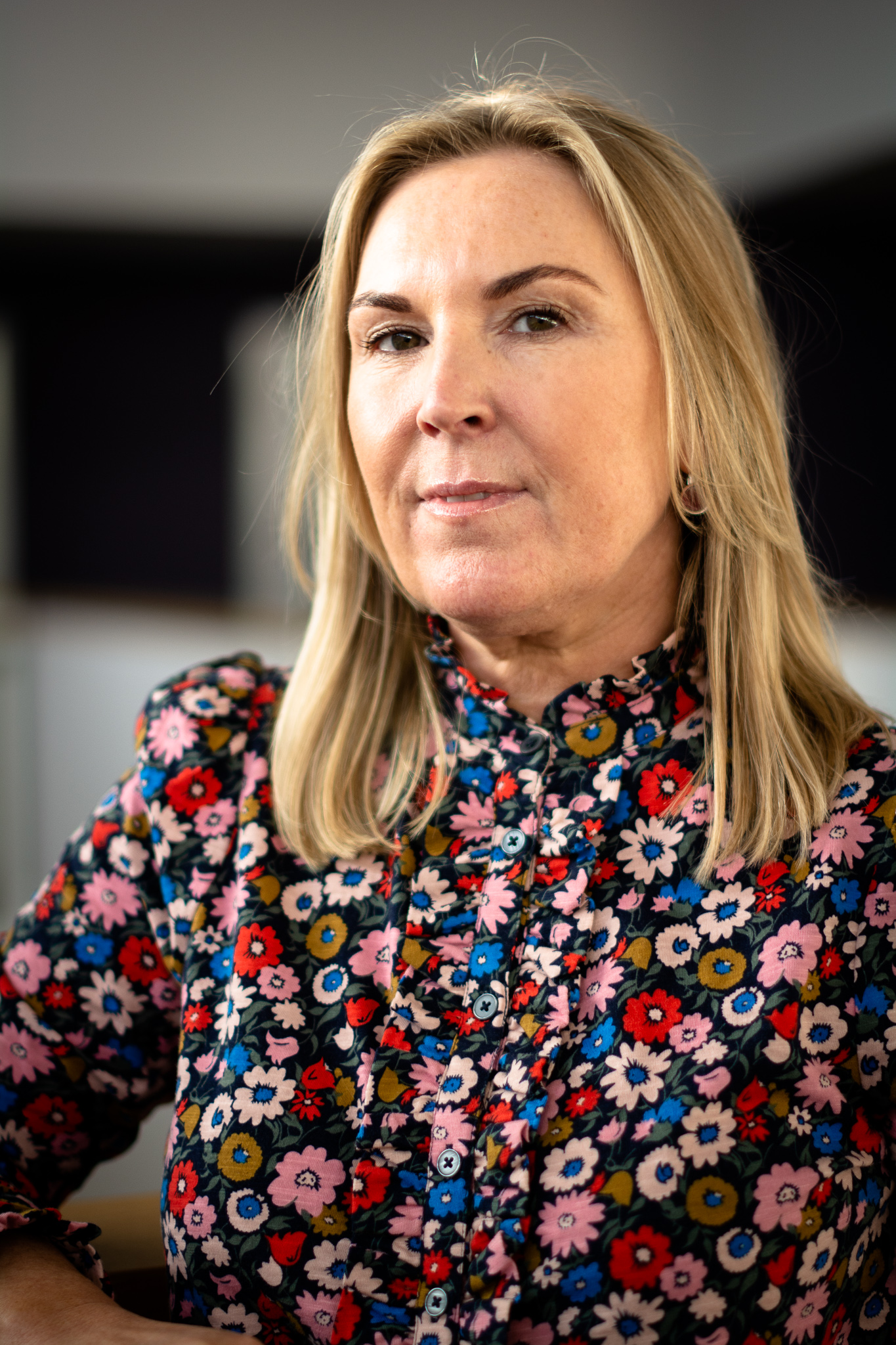
In 2020-21, there were 18.7 domestic abuse-related crimes recorded in Merseyside per 1,000 residents, well above the England and Wales average of 14.2 per 1,000. In total, just over a fifth of crimes reported on Merseyside relate to domestic abuse, again higher than the 18.3% average across all police forces. These crimes were also showing the highest loss of life.
But according to our reporting, the calls for change by groups like LDAS mostly fell on deaf ears. “The demand has sky-rocketed but the money hasn’t,” admitted Merseyside’s Police and Crime Commissioner Emily Spurrell when we spoke to her for this article, acknowledging that “we haven’t managed to get a huge lot done yet.” Liverpool City Council admits there are major issues with its services when it comes to violence against women and girls, including little quality assurance response work and “demand for services outstripping supply”.
Then came the deadly weekend a year ago. In the days following, staff at LDAS realised that there was next to no public response from local authorities in the city region — no tweets, no messaging. Local news coverage was sparse and national coverage was almost zero. Grant and her colleagues felt they needed to try again. “Before this, there was a long time of almost begging to be listened to,” she says. “Every day our survivors were telling us that they feel invisible in life, and they are invisible in death. Why won’t our leaders acknowledge them?”
Led by LDAS, local domestic abuse services wrote an open letter to all elected officials in the region to demand change, including all MPs, the acting mayor of Liverpool, the city region mayor Steve Rotheram, and the Police and Crime Commissioner. The letter asked for an updated VAWG strategy, with clear and measurable commitments based upon needs and collaborative response across all services. The only official to immediately acknowledge the letter was Paula Barker, MP for Wavertree, who called an emergency summit of local leaders.
By the time it happened in March last year, the Metropolitan Police officer Wayne Couzens had been charged with murdering Sarah Everard in London and the issue of violence against women had risen right to the top of the news agenda. Participants at the summit — which took place online — agreed that Merseyside was at a crisis point and that the time for fast and measurable change had come. Local services and domestic abuse experts left feeling relieved that they had finally managed to get the message across.
‘Terrible suffering’
A decade before her death last year, Helen Joy met the man who would transform her life and ultimately take her life. When she met Kevin, Helen was in her forties and was already a loving parent to two daughters and one son. Helen’s youngest daughter, Caisey Hyland, who was 11 at the time, noticed that within months of the relationship beginning, her mother no longer had the same time and warmth for the children. Helen seemed to be scared of Kevin and preferred not to be alone with him without Caisey or her brother.
By 2018, Helen Joy’s abusive partner had already been convicted of assaulting her twice — once earlier that year, and the first time in 2015. He would be convicted of the same charge a third time in 2019, less than two years before her death. The case seems to demonstrate what experts we’ve interviewed for this story often say — that much more support is needed to help women escape situations where violence tends to escalate as the months and years go on.
On the same frosty evening that officers were discovering the bodies of women in Liverpool and Southport, neighbours of Helen were listening to her abuser shouting "get the f*** up”. It wasn’t unusual to hear the couple arguing loudly, but this time there was no response heard from Helen.
Two days later on Sunday morning, Kevin left their home alone to visit his drug dealer Martyn Freeman. Helen had last been seen alive on Thursday evening. When he arrived at Martyn’s home, he asked to borrow a phone to make a call to his dad and suddenly confessed to the dealer that Helen was dead. Martyn didn’t believe him and it wasn’t until Kevin’s father Barry phoned the police the following day that Helen’s body was discovered inside the ground floor flat.
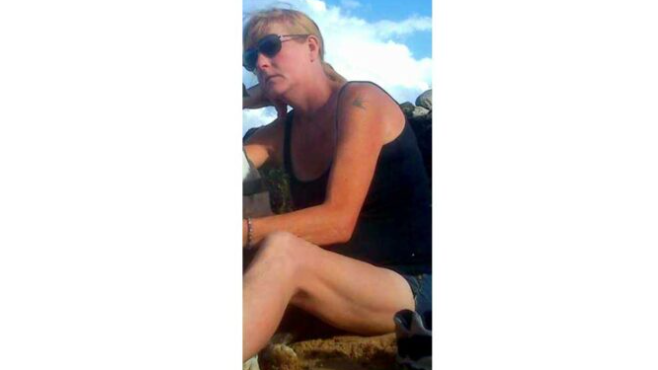
When The Post visited the flat earlier this month, a new tenant had been moved in by the housing association, and he knew about Helen’s murder. The building is one of the street’s long line of three-storey council blocks in a part of town that few day-trippers to Leasowe Lighthouse are likely to visit. Upstairs, a woman who knew Helen answered the door but didn’t have time to speak.
When officers discovered Helen she had been there for some time and was pronounced dead at the scene with 121 external injuries, broken bones and a bleed on the brain. Later in court, her abuser would claim that Helen had fallen over whilst drunk. Media coverage at the time would portray the couple as alcoholics, but it was her murderer who had introduced alcohol dependency into Helen’s life and watched her health deteriorate. During Kevin Ashton’s trial, a friend of the pair, Joanne Connor, spoke of how in 2019 Helen had confided that Kevin had been assaulting her for eight years — the majority of their relationship.
Helen’s oldest daughter Leanne remembered how there were periods of time where the pair would break up, and Kevin would be gone for days or weeks. Almost instantly Helen would appear healthier and happy, almost as she was before. As soon as Kevin was back on the scene and the abuse restarted, Helen was lost to everyone who wanted to protect her. At trial, her son Jack said that Helen had been robbed of a life.
"You subjected Helen Joy to at least two very violent and sustained assaults in the days leading up to her death, causing terrible injuries and, I am sure, terrible suffering," Judge Brian Cummings said, sentencing Helen’s killer to a minimum term of 19 years. The court heard that he had moved her body from where she died on the floor into the bed and had cleaned her blood from the wall, which the judge described as “efforts to pervert the course of justice by attempting to disguise the true nature of what had actually occurred in the flat and the brutal beating to which you had subjected her.”
After the summit
Domestic abuse specialists we’ve spoken to for this story agree that lack of funding, waiting lists for services and poor coordination of the different relevant organisations are some of the most pressing issues across Merseyside. But there have also been incidents that suggest the people who are supposed to be tackling the scourge of male violence don’t take it particularly seriously themselves.
One participant at the summit was Liverpool City Council’s domestic abuse strategic lead Steve Reddy. Less than four weeks after the meeting, Reddy tweeted a joke about killing his mother in law. On April 9th, he posted:
Friday [clown face emoji]. Mrs R still angry with me because I didn’t open the car door to help her mother out. But as I’ve said – I just panicked and swam to the surface! Compounded this somewhat by the wreath I ordered in the shape of a lifebelt – but it’s what she would have wanted…
Angela Clarke, the council’s Domestic Abuse and Domestic Homicide Review Commissioner at the time, jokingly replied “Back with a vengeance” to which Reddy responded: “Cheers mate, I did it again.”
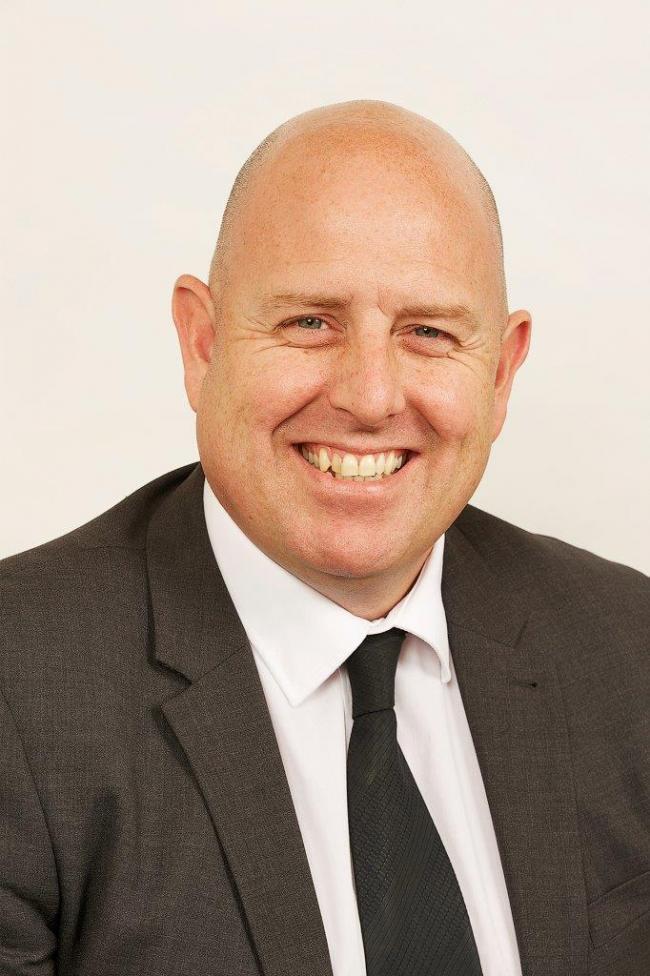
In 2018, Reddy had disappointed local campaigners by proposing that the Violence Against Women and Girls strategic group be renamed because it excluded male victims of domestic violence. While technically true, it seemed to indicate that the council didn’t understand the nature of the challenge facing them. Almost four-fifths of domestic homicide victims in this country are female, and 96% of the suspects in those cases are male. And when men are the victims of domestic homicide, they are more likely to have been killed by another man than a woman, according to the Office for National Statistics. Domestic abuse advocates wanted councils to put more focus on the violence inflicted on women — and Liverpool’s domestic abuse lead seemed to be suggesting less.
While Steve Reddy was tweeting his joke, the daughter of Paula Leather who was murdered in November 2020 in Prescot by her husband, was giving evidence in court against her dad. When Jessica came out of court and saw Mr Reddy’s tweet, she said that it killed her mum all over again. Within a day of the tweet, 68 domestic abuse services had complained and Liverpool City Council promised to conduct a thorough investigation. Reddy resigned from his role as chair of domestic abuse strategy and apologised — but only after tweeting the joke again with mother-in-law replaced with father-in-law, and then deleting that post too.
Reddy is still the council’s Director of Council Children & Young People Services. When we asked the council about the findings of their investigation and what action was taken, a spokesperson said that they don’t comment on staffing matters but that all procedures were followed.
Last summer, LDAS learned that its funding from Liverpool City Council had been cut by 37%, from £74,000 to £46,620. The staff were in shock. The council only provides the charity with 9% of its budget, so LDAS has to fundraise the other 91%. The funding cut made that even harder and seemed to send another bad message about the council’s seriousness.
LDAS worked out that they were receiving roughly two pence from the local authorities for each woman that they support, and noted that local perpetrator programmes aimed at encouraging change in male domestic abusers on Merseyside received £200,000 in funding in 2020. The charity did receive extra funding in the form of a one-off grant that was issued by the Ministry of Justice after Everard’s death and delivered via the Police and Crime Commissioner.
The Post asked Liverpool City Council much they spend annually on supporting domestic abuse services, but they did not send the data after 20 working days despite having a legal responsibility to do so under the Freedom of Information Act. We asked the same of all five authorities in the city region, including Knowsley, St Helens, Sefton and the Wirral, and only the latter two responded. Domestic violence spending is increasing in both areas, with £698,916 spent last year in Sefton and £534,694 on the Wirral.
The data showed that funding for domestic abuse by Wirral Council has increased by £200,000 in the past five years, however, some of the groups that deliver support to women need about that amount each to reduce their waiting lists and meet the true demand. Tomorrow’s Women, a centre based close to where Helen lived on the Wirral, is facing a similarly uncertain financial future. The charity supports women with a variety of experiences including domestic abuse and has received just £127,049 in grant funding since its inception in 2011, in part from Wirral Council and Merseyside Police, and also from two non-profits. All that support will end in July this year. They will have to seek further funding or raise money themselves to keep running their services.
Every day, cases come in that could become the next Helen. On the Wirral alone there were 997 high-risk referrals last year, which means women at risk of fatality. It can take time and significant specialised support to encourage manipulated victims to leave their abuser. Grant fears that by putting these women on waiting lists, it sends the message that their abuse is not that serious and that they have no control over it. “If they don’t feel that they have options, then how can we expect them to leave,” she told me.
‘It takes time to root out a culture’
Since 2009, 59 Merseyside women have been killed by men, 11 of whom lost their lives in the last three years. In November, the recently elected Police and Crime Commissioner Emily Spurrell agreed that male violence is an epidemic in the region that has long been overlooked.
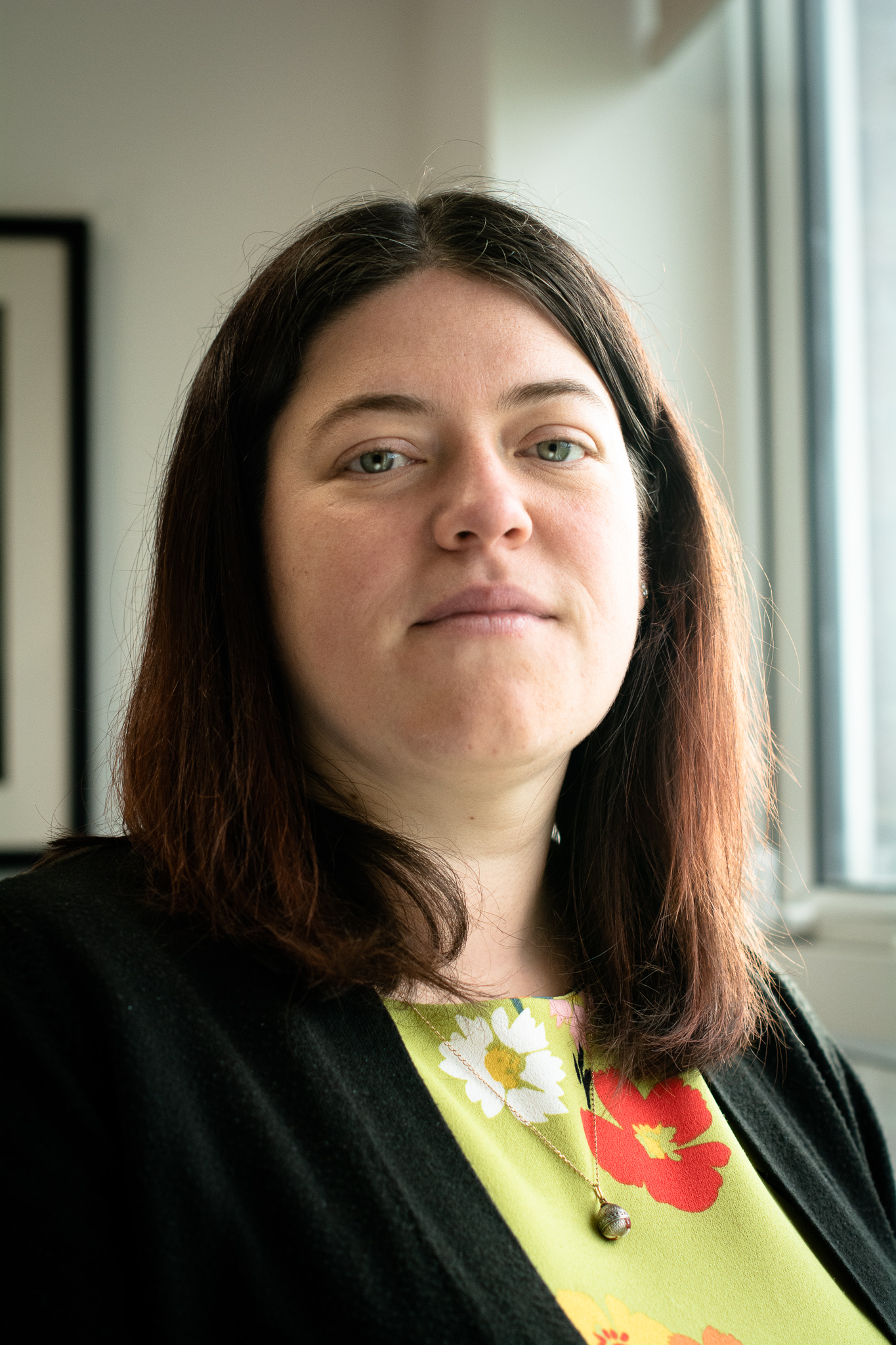
“We are finally starting to be honest with ourselves about the scale of the situation,” Spurrell said when I spoke to her recently. And she acknowledged that police forces are facing an uphill battle trying to rebuild trust with vulnerable women. “It takes time to root out a culture,” she told The Post. “When you have officers showing misogynistic behaviours, we have to demonstrate that we won’t stand for it. That has maybe not happened enough in the past.” She says Merseyside Police are now doing specialist training to help officers identify coercive and abusive behaviour.
But beyond police training, there’s a lack of specifics in the region’s Police and Crime Plan about domestic violence specifically. We are almost one year into the 2021-2025 crime plan period, so I asked Spurrell what had been achieved so far in tackling domestic abuse. “Yeah, we haven’t managed to get a huge lot done yet,” she replied. “We have brought in a lot of funding, which is positive.”
Last week, she announced new funding to support victims of sexual violence — £3 million which is not just domestic abuse, is spread across Merseyside’s councils and is allocated over five years. “We have done some work around raising awareness of the broader issue of violence against women and girls, looking at how safe women feel on the streets”, Spurrell adds, which is clearly welcome but is separate from the complex issue of domestic abuse.
I asked Spurrell how she plans to support victims who come forward. The PCC spoke at length about reevaluating how things are done now, but little about what is to come. “The demand has sky-rocketed but the money hasn’t,” she told me. “The amount of energy and time being taken away from organisations because they’re having to apply for grants is just exhausting and completely unsustainable. And we know we will still need these services in a year’s time.”
A personal priority
When she was running for the highest office in Liverpool in spring last year, Joanne Anderson tweeted that “if elected Mayor, ending violence against women and girls will be a political and personal priority”. She pledged a strategy to overhaul the old system, noting that the way specialist services like LDAS are commissioned and funded would be reviewed. And once elected, she met frontline organisations at Liverpool Town Hall to consult on the new strategy.
If elected Mayor, ending violence against women and girls will be a political and personal priority. Liverpool will lead by example.
— Joanne Anderson (@MayorLpool) 9:27 AM ∙ May 5, 2021
I will build on the 2017 strategy created by @TabithaMortonWE & @MetroMayorSteve ensuring change, accountability and investment is instilled.
👇🏾
In late November the council announced in a press release that it had “launched a new three-year strategy to tackle Violence Against Women and Girls,” — a claim that was subsequently reported by the Guardian. But it’s unclear what that announcement meant. There is no sign of a strategy document on the council’s website and Anderson’s tweet from November 25th (which said “Today I have launched a three-year strategy to tackle Violence against Women and Girls”) appears to have been deleted.
A week after the announcement, a council spokesperson told us that work was “well underway” on the document and last week the council backed a motion to “ensure that women’s and girl’s [sic] voices are heard by implementing a strategy that proactively encourages and listens to women’s and girl’s [sic] voices across the city”. The Post has not been able to ascertain when the strategy is going to appear.
Whenever it is, campaigners know from past experience that strategy documents and council press releases come and go — what they really want is for local leaders to focus on the issue as a leading priority, with funding to match. In 2017, Liverpool City Council launched an “ambitious” four-year Domestic Violence and Abuse Strategy that vowed to “radically improve outcomes for victims and families”. Five years later, there is scant evidence outcomes have changed at all, and the council admitted at the end of last year that the system is broken, identifying a “lack of funding, with too much of it short-term” and “no standard response among organisations”.
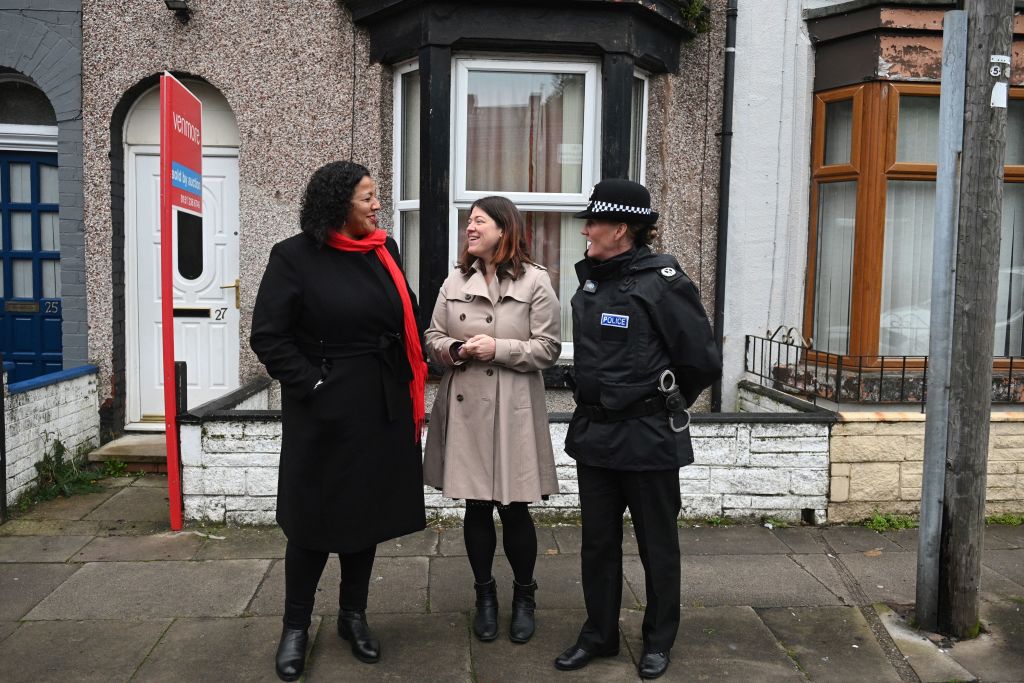
When I caught up with Caroline Grant from LDAS two weeks ago, she sounded frustrated by the pace of change and the lack of urgency. The summit and the election of two female leaders — Anderson and Spurrell — has given her hope, as has the appointment of a new VAWG lead in Liverpool. But as our reporting in the past few months suggests, there is little evidence that the violence being endured by women across this region every day is being treated as an emergency. And a year on from a weekend that saw three women found dead behind closed doors, the focus from local politicians seems to be shifting to other more public forms of violence.
“We see these women, we will always see them — in life, and certainly in death,” she said to me in one of our conversations. “And we will advocate for them until we no longer have to.”
Laura will be reporting more on this issue for The Post in the months ahead. To support her work and help us to pursue stories like this, please join us as a member today for just £1.25 a week if you pay for a year upfront.
To contribute to our reporting, please hit reply to this newsletter or email editor@livpost.co.uk.
Anyone with information on domestic abuse can contact @MerPolCC, call 101 or speak to Crimestoppers anonymously on 0800 555 111. If someone is in immediate danger they should dial 999. The Silent Solution is a service that means a vulnerable person can call 999 and alert police by pressing 55 and then coughing or tapping the handset to indicate help is needed.

Comments
Latest
Ian Byrne: Why the country — not just Liverpool — needs the Hillsborough Law
The ‘charisma bypass’: Why Liverpool’s leaders are so forgettable
The Mersey’s clean-up cost £8 billion. So why is it still so dirty?
Between Labour, Reform and Jeremy Corbyn, what does Liverpool’s electoral future look like?
'After the sadness came the anger'
Are the authorities doing enough to help women who are abused behind closed doors?